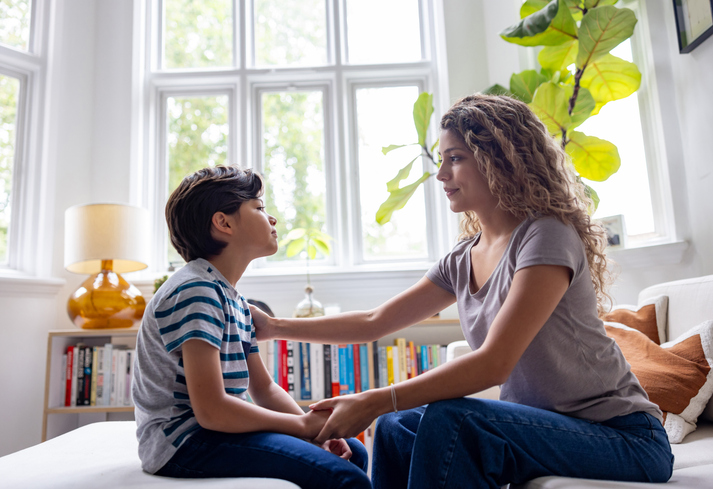Cognitive Behavioral Therapy (CBT) Strategies for a Calmer Campaign Season

As Election Day gets closer, there is a chance your anxiety levels are rising, with the political ads and predictions about the future. You are not alone - research shows elections raise stress and anxiety for many adults. One 2020 study found 68% of U.S. adults said the presidential election was a major source of stress in their lives. 77% noted the future of the nation itself as a top stressor, and 65% reported feeling very stressed about issues relating to the election. What is behind these emotions? Often the messages we see during elections lead to irrational thinking. These…
Learn to Live TeamJuly 1, 2024






